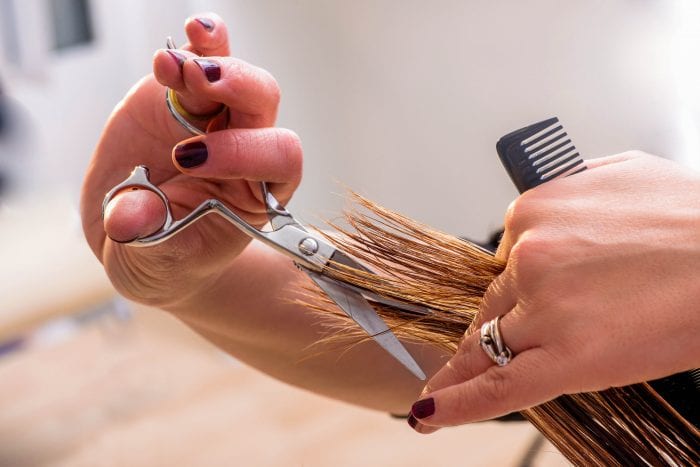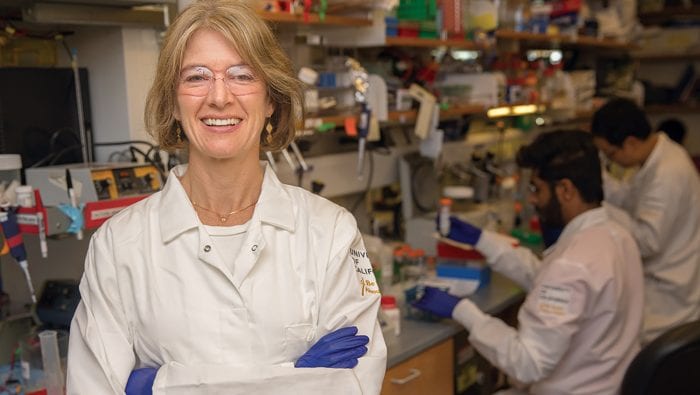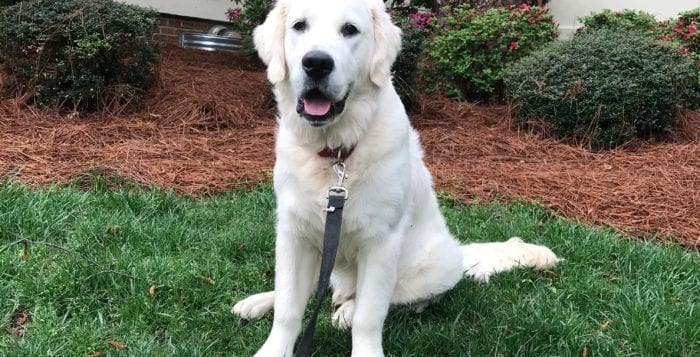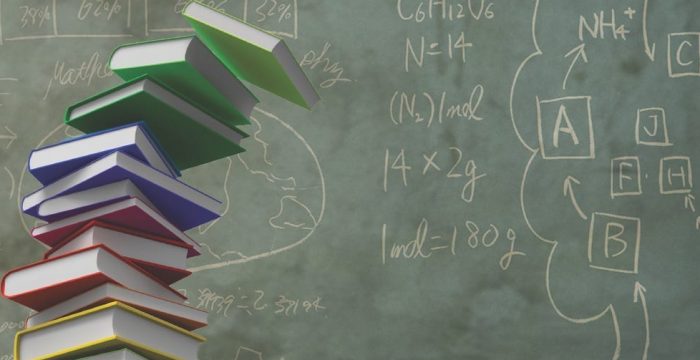By Daniel Dunaief

As we trudge through the last quarter of a year filled with challenges, I wanted to share some light hearted, ridiculous and truly 2020 fortune cookie message ideas. Enjoy!
• A vaccine may be in your future. Whether you take it is up to you.
• You will Zoom again some time soon.
• You will continue to see toilet paper in a whole new light.
• You will have another opportunity to learn an academic lesson you missed years ago.
• You don’t have to look hard to find heroes.
• The four walls around you will look better at some point.
• You will save money on gas this year.
• The election will end, hopefully.
• If you get off the couch and do some push ups, your body will thank you.
• This is the only 2020 you have. Make the most of it.
• It’s okay to lose track of the day: don’t lose track of your goals.
• Watch one fewer episode. You can make better use of your time.
• Use a shower to wash away your cares, and your stench.
• Don’t use a mask to hide from the truth.
• One person’s monster is another person’s savior.
• Feel free to pat yourself on the back. Don’t break your arm doing it.
• Petting the dog will bring you relief. Taking him out will bring him relief.
• Sometimes being odd is the only way to get even.
• Keep your enemies at bay. Six feet should work.
• Even while social distancing, do your best to stay connected.
• Love conquers hate, but hate can’t defeat love.
• Don’t forget to floss. Your periodontist will thank you.
• Lock your doors at night, but open your heart.
• Mythology occurs when we dare to dream.
• Take chances, but make sure you wash your hands.
• Consider what the younger version of yourself would do.
• Your children are not a younger version of you.
• Remember which days your kids are in school and make the most of them.
• Mute your computer before the dog starts barking. Your colleagues will thank you.
• Our editor is quarantined because he started coughing, so the gloves are off.
• When people calm down, they are better at solving their problems.
• When people stop telling other people what to do, they become more tolerable.
• Don’t expect a fortune cookie to change your life.
• Wow, you’re going off the rails there, George. Are we allowed to do that?
• Yes, Alissa, our editor is gone and we have to fill these cookies with something.
• Love has no statute of limitations.
• What, so you’re now a lawyer?
• I could have been, Alissa.
• Did you read about the shower? That one was for you.
• Perfect effort means giving 110 percent.
• You can’t give 110 percent. It’s not possible.
• Then why do these athletes say it?
• They’re talking about how hard they’re working. It’s an exaggeration.
• Your intelligence is an exaggeration.
• Get us out of here. They don’t even let us order Chinese food.
• Irony can be pretty ironic sometimes.
• You got that from the Airplane sequel. You can’t put it in a fortune cookie.
• In a fortune cookie? I don’t think someone from Airplane the Sequel is going to find us.
• That’s your problem. You don’t think.
• Thinking alone never cured anything.
• You’re wrong and you never tried thinking.
• I have to get out of here. That’s not the voice in your head. That’s me, George.
• Stop whining and start winning.
• You’re not a victim, you’re a survivor.
• That’s not bad, Alissa.
• How about ordering Italian next time?














